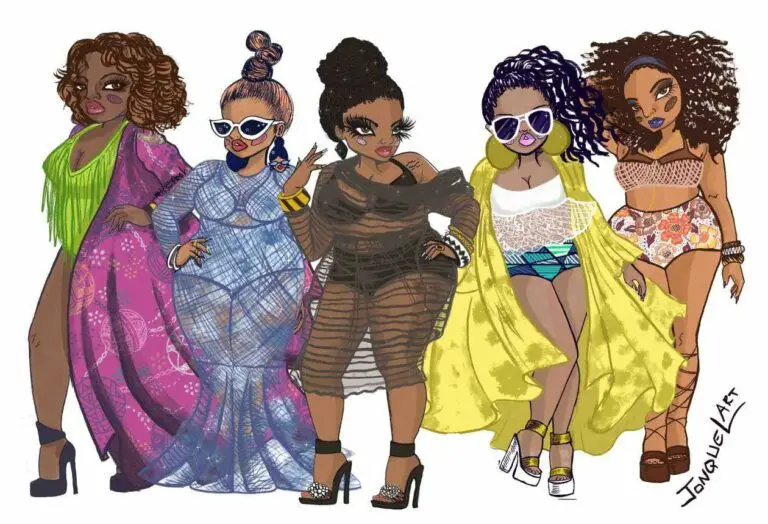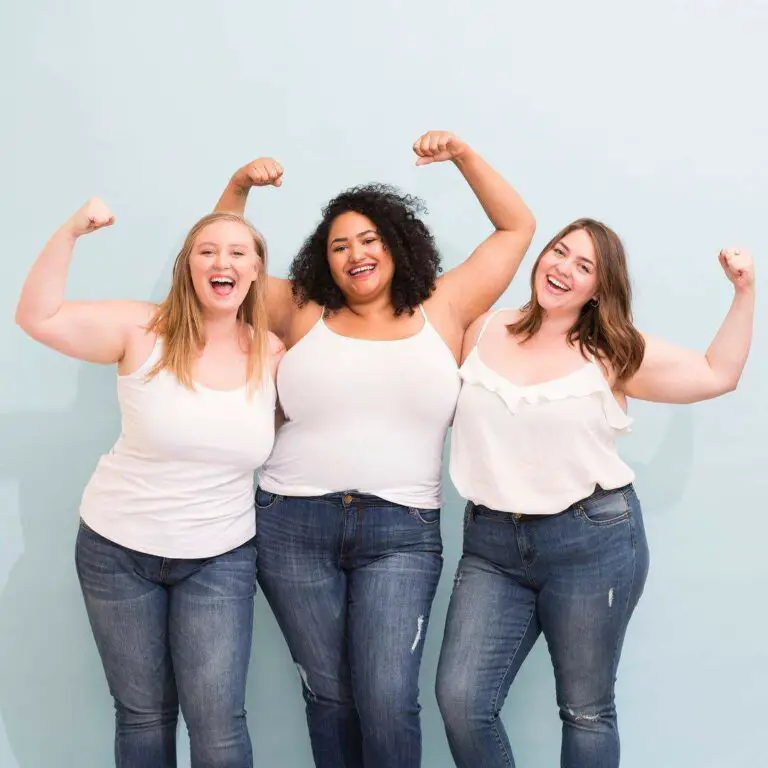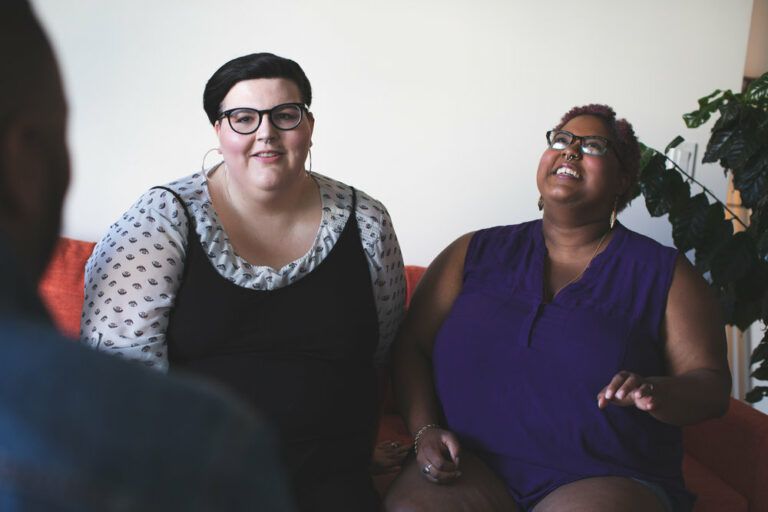Mexico. France. Now the Australians have taken a stance on body image. Over the weekend, news broke from down under that the government has backed a voluntary code of conduct on Body Image. I have been sitting on this, thinking about the implications, societal implications, and perceptions that would be shaped and/or changed.
What is most interesting? Where this movement is coming from. All of this coming from a country that rejected plus size models on the runway, Australia’s first 16+ size event and denounced the plus size modeling industry.
Here is the Body Image Code of Conduct story from ABC AU
The code of conduct was developed by the National Advisory Group on Body Image and provides a list of principles to guide those working in the media, advertising, and fashion industries.
Designers are being asked not to hire models with a dangerously low body mass index and also not to hire excessively muscular male models.
The code also includes a ban on advertising rapid weight loss products and cosmetic surgery that is not medically necessary.
At the launch of the code in Sydney, Women’s Weekly editor Helen McCabe committed the magazine to revealing whether some images have been digitally changed.
“We’ve already taken steps to reduce the amount of digital enhancement in the image we produce, but we can go further,” she said.
“In the future we will identify all Australian images that have been digitally altered.”
Youth Minister Kate Ellis has also launched a new body-image tick of approval which will be awarded to businesses who stick to the new rules outlined in the code.
She says eating disorders are an insidious problem that are affecting children as young as six and the problem must be tackled. “I’m asking on behalf of all of the teenagers who have suffered as a result of body image pressures, including those whose long term health and wellbeing have been forever damaged,” she said.
Interesting and optimistic?
Yes! I do think so! A part of me rejoices for the Curvy Fashionistas down under! But! This leaves me wondering where this or if this mindset will ever reach the US. Before I even chat about that, A HUGE SMILE to the efforts to check media’s presentation and representation of beauty!
I will be watching the developments of this and how it will affect the world of fashion in Australia! Over in the US, we have leaders who are championing the body image and media representation. I am HOPEFUL for a chance and movement as definitive as this!
Granted, we have made HUGE strides- Full Figured Fashion Week; television series sharing and exposing life as a comfortable and confident fat kid (HUGE); and a successful full figured attorney (Drop Dead Diva)- we have a long way to go! We at times are the last to catch onto the changing times. Could you imagine plus size fashion gracing multiple major fashion magazines whether it was on the cover or in a feature spread.
However, I am really hopelessly optimistic and hope this will lead the way to universal body acceptance!
What do you think about this change down under?







As for your question about when we’d see this is the USA… ha! There are too many people here that denounce any kind of rule making for industry to expect any type of serious regulation.
Hello from Australia!
I’m not very optimistic. Particularly when the Chair of said National Body Image Advisory Group (Mia Freedman) has been taken to task repeatedly on her attitude to bodies outside of a very narrow band of what she considers “normal”.
Not while the “guidelines” are “voluntary”. Not while the aforementioned chair used the line:
“Use models that are clearly of a healthy weight.”
Rather than the statement issued by the advisory group which said
“Designers are being asked not to hire models with a dangerously low body mass index and also not to hire excessively muscular male models.”
Not while the Minister responsible for that portfolio, Kate Ellis MP, poses provocatively attired in Grazia and says she represents “real women”.
As a fellow Aussie fat acceptance blogger said recently, in our country, body image is for women who think they are fat, not women who actually are.
Personally I believe it is a whole pile of tokenism that while pieces of it do help, there are too many other factors they condone that cancel it all out.